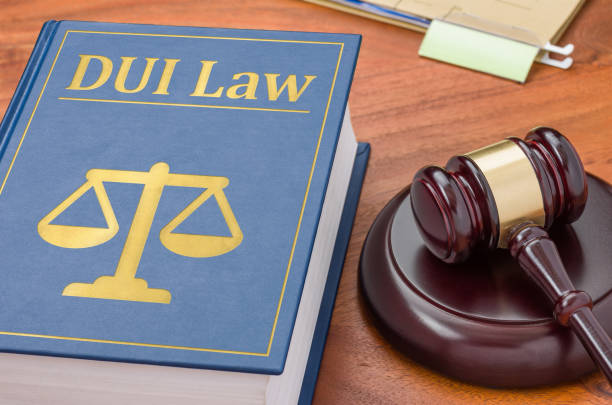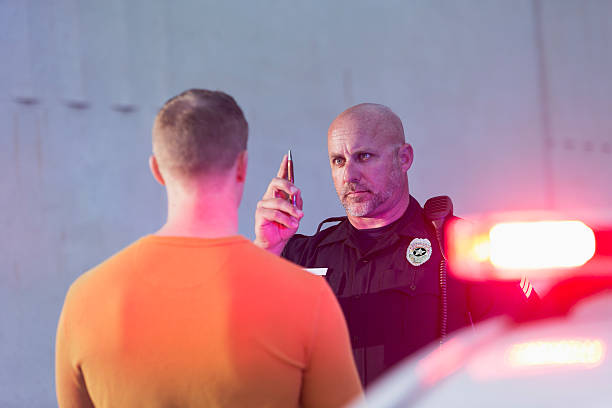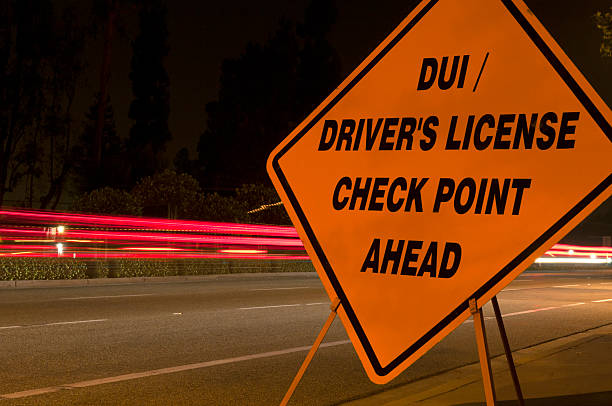California DUI, What You Need to Know?

Advanced Health Care Directives in California: A Vital Element of Estate Planning Explained
August 2, 2023
What happens when you get arrested for DUI in CA?
August 10, 2023From understanding the differences between felony and misdemeanor DUIs to knowing your rights during a traffic stop, being informed is key.
Table of Contents:
- Introduction
- Understanding DUI in California
- Felony DUI in California
- First DUI Offense in California
- Misdemeanor DUI in California
- DUI 08 in California
- 1st Offense DUI Penalties in California
- Navigating Your 1st DUI in California
- FAQs About DUI in California
- Conclusion
Introduction
Driving under the influence (DUI) is a serious offense in California, with potential legal consequences that can impact your life in significant ways. Whether you’ve been charged with a first-time DUI or are facing more severe charges, understanding the legal nuances is crucial. In this comprehensive guide, we’ll delve into the various aspects of DUI in California, providing you with insights, penalties, and guidance to navigate through this challenging process.

CCTO – Istockphoto.com
Understanding DUI in California
Driving under the influence refers to operating a vehicle while impaired by alcohol or drugs, both legal and illegal. In California, DUI laws are stringent, reflecting the state’s commitment to road safety. The legal blood alcohol concentration (BAC) limit for drivers over 21 years old is 0.08%. For those under 21 and commercial drivers, the limit is even lower.
Felony DUI in California
A felony DUI in California is a more serious offense that can lead to severe penalties. It occurs when a DUI incident causes injury or death to another person. This offense can result in extensive fines, a lengthy license suspension, and even imprisonment. If you’re facing a felony DUI charge, seeking legal counsel is crucial to protect your rights.

CCTO – Istockphoto.com
First DUI Offense in California
If you’re arrested for a first-time DUI in California, you’re likely to experience a range of emotions, from fear to uncertainty. It’s important to remember that you have rights and options. The penalties for a first DUI offense can include fines, license suspension, mandatory alcohol education programs, and even jail time. However, a skilled attorney can help you navigate the legal process and potentially mitigate the consequences.
Misdemeanor DUI in California
In most cases, a DUI in California is charged as a misdemeanor. This means that the penalties are less severe compared to felony DUIs. However, a misdemeanor DUI can still lead to fines, probation, alcohol treatment programs, and a tarnished criminal record. Seeking legal advice can help you understand the potential outcomes and plan a strategic defense.
DUI 08 in California
DUI 08, or driving with a BAC of 0.08% or higher, is a common charge in California. Law enforcement uses various methods to determine a driver’s BAC, including breathalyzer tests and blood tests. It’s important to note that even if you feel fine to drive, your BAC may still exceed the legal limit. It’s always safer to designate a driver or use alternate transportation if you’ve been drinking.
1st Offense DUI Penalties in California
The penalties for a first-time DUI offense in California can vary based on factors such as BAC level, age, and whether there was an accident involved. Typically, you can expect fines ranging from several hundred to over a thousand dollars, a license suspension of up to six months, and mandatory attendance at DUI education programs. It’s crucial to remember that these penalties can have a lasting impact on your life, making legal representation an important consideration.
Navigating Your 1st DUI in California
Being arrested for a first-time DUI can be overwhelming, but there are steps you can take to navigate the situation more effectively. First, remain calm and respectful during the arrest, as anything you say or do can be used against you. Second, seek legal counsel as soon as possible to understand your rights and options. A knowledgeable attorney can help you build a strong defense and work towards minimizing the consequences of your first DUI.

CCTO – Istockphoto.com
FAQs About DUI in California
Q1: Can I refuse a DUI test in California? A: Refusing a DUI test in California can lead to immediate consequences, such as an automatic license suspension. However, you do have the right to consult an attorney before deciding whether to take the test.
Q2: Will a first-time DUI conviction stay on my record forever? A: A first-time DUI conviction will remain on your criminal record, but you may be eligible for expungement after completing your sentence and probation. Consult with a legal professional to explore this option.
Q3: How can an attorney help with my DUI case? A: An experienced DUI attorney can assess the details of your case, identify potential weaknesses, and develop a strategic defense. They may negotiate for reduced charges or penalties, increasing your chances of a favorable outcome.
Q4: Can I drive during my license suspension? A: In some cases, you may be eligible for a restricted driver’s license that allows you to drive to specific locations, such as work or medical appointments. However, driving during a suspension without proper authorization can result in further legal trouble.
Q5: Can I represent myself in court for a DUI charge? A: While you have the right to represent yourself, it’s highly recommended to seek legal representation for a DUI case. Attorneys have a deep understanding of the legal system and can leverage their expertise to protect your rights effectively.
Conclusion
Facing a DUI charge in California is a daunting experience, but with the right knowledge and legal support, you can navigate through the complexities of the legal process. From understanding the differences between felony and misdemeanor DUIs to knowing your rights during a traffic stop, being informed is key. Remember, seeking legal counsel is crucial to ensure the best possible outcome for your case. By staying informed and taking proactive steps, you can work towards minimizing the impact of a DUI on your life and future.
admin
Related posts
Enter Thompson Law, the stalwart guardians of familial harmony in Bakersfield. With a track record spanning over 15 years, they bring unparalleled expertise to the table. The team at Thompson Law isn't just well-versed in the legalities; they are passionate about safeguarding the emotional welfare of their clients. When it comes to family law matters, trust Thompson Law to be your guiding light through the legal maze.




